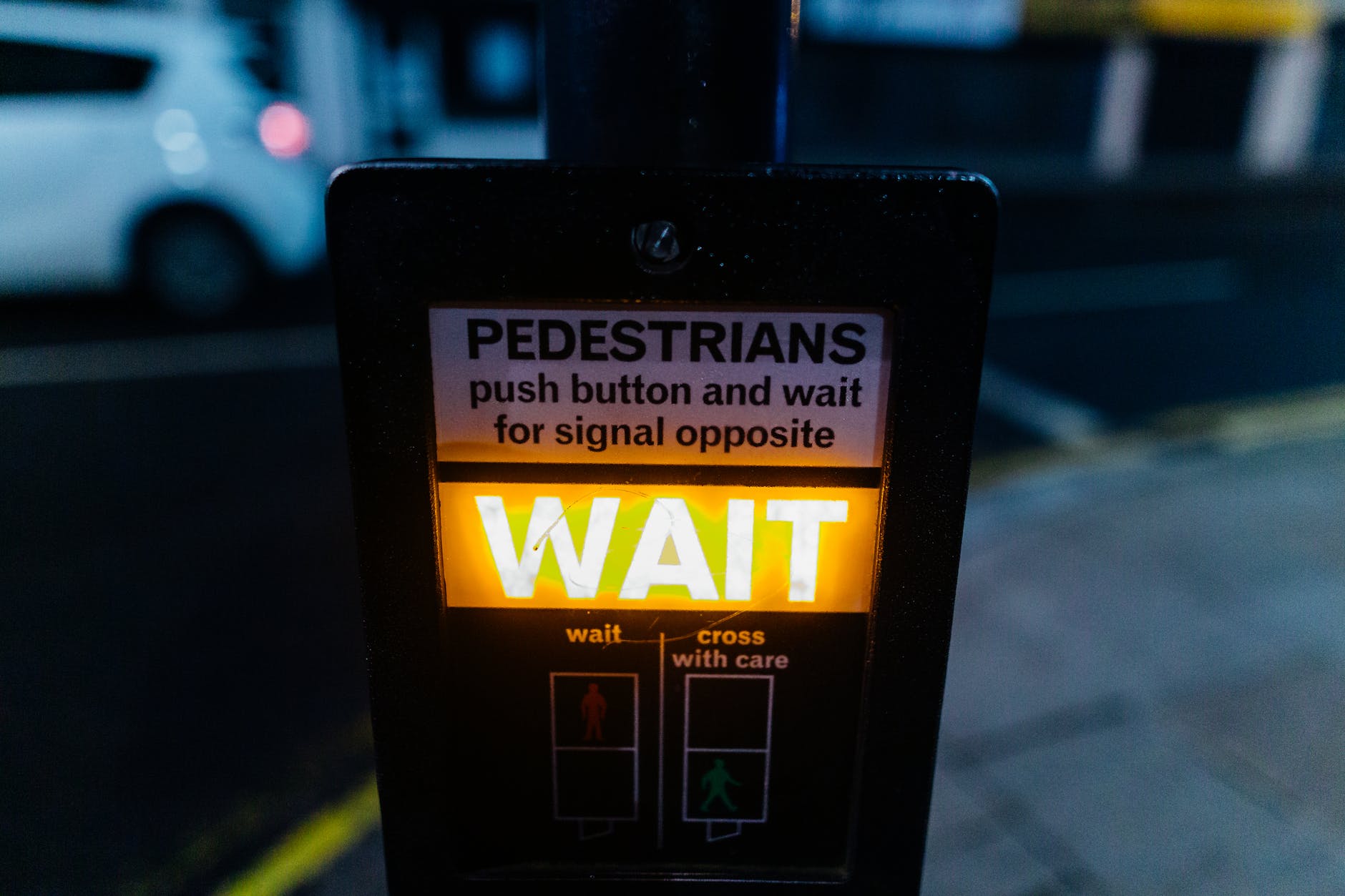Dither and Delay over Miscarriages of Justice Inquiry Findings
When the Westminster Commission on Miscarriages of Justice published the findings of its inquiry into the Criminal Cases Review Commission (‘In the Interests of Justice’) on 5 March 2021, it made over 40 recommendations.
Whilst the vast majority of these were directed at the CCRC, 9 of the recommendations made by the inquiry require legislative change (listed below). These reforms fall into three broad categories. Reforms to the Court of Appeal, reforms to the Crown Prosecution Service, and reforms to assist the work of the CCRC.
Earlier this year our campaign asked the Minister for Justice and his colleagues how they planned to implement the first category of changes relating to the Court of Appeal. In response, Tom Pursglove MP acknowledged that “the judicial process including how potential miscarriages of justice are reviewed must be transparent and fair”, but insisted:
“The Ministry of Justice is proud of the work of the independent CCRC. Last year, it referred its 750th case for appeal. This equates to one case referred for every 8 working days since it was established in 1997. Of those cases, more than 450 appeals have been allowed by the appeal courts”.

Whilst grateful for his response, we were disheartened that the Minister failed to address our concerns directly, commenting instead on the Report’s recommendations for changes to the CCRC: “in my opinion the CCRC performs well. It carries out investigations of good quality in a timely manner. A Tailored Review of the CCRC in 2019 found that it is effective and efficient”.
The Westminster Commission Report of course, paints a very different picture, describing the CCRC as “too deferential to the Court of Appeal”. In particular, the Commission noted that:
“Financial constraints and an increased caseload have compromised the CCRC’s ability to carry out its role effectively in all cases. Without increased resources the CCRC cannot examine all relevant documents, carry out enough face-to-face enquiries and take advice from external forensic experts. The report also expresses serious concerns about the non-disclosure or destruction of exculpatory material. It recommends changes to the retention of documents and that the CCRC should have additional powers to obtain information and material from public bodies in a timely manner.”
The Minister’s response not only ignores these widely acknowledged and carefully evidenced criticisms, but leaves open a number of important questions, which we now want to follow up on. We encourage all of you reading this to do the same. We have also prepared a template letter which you can send to your local MP:
- What action is the government taking to implement the 4 legislative changes recommended by the Commission in respect of the Court of Appeal, to assist it in its consideration of criminal appeals?
- What action is the government taking to implement the 2 legislative changes recommended by the Commission in respect of the Crown Prosecution Service, to assist in evidence retention and disclosure?
- What action is the government taking to implement the 3 legislative changes recommended by the Commission to extend the powers of the CCRC and assist it in carrying out its role?
Over a year has passed since the Westminster inquiry published its recommendations. Indeed, the specific recommendation to amend the Criminal Appeal Act 1968 which we contacted the Minister about in May was originally made by the Justice Select Committee in 2015 (‘Criminal Cases Review Commission’, Twelfth Report, Session 2013 – 14, HC 850).
It is deeply disappointing therefore, that 7 years on from the Justice Select Committee, and so many months after the Westminster Commission, Tom Pursglove MP tells us that “we continue to consider its findings”. When Alex Chalk MP addressed some of the findings of the inquiry in Parliament on 13 April 2021, he made it clear that
“the Ministry of Justice will consider each recommendation for the Department in detail… No doubt there will be a further response in due course”.
This has not happened. When Catherine West MP asked for an update on 2 March 2022, James Cartlidge MP simply referred her to the deficient response made by Alex Chalk MP the year before. This clearly isn’t good enough.
Every day this government fails to take action, innocent men and women continue to languish needlessly in prison. We cannot afford further delay or prevarication. The time to act is now. If the Committee and the Commission are simply to be ignored on every occasion, then it is entirely unclear why they were convened in the first place. It critically undermines public confidence in their credibility, and will have a chilling effect on the willingness and good faith of stakeholders to participate in future inquiries. Their voices are being disregarded, while the good work of the Honourable Members of Parliament who heard all of the evidence and compiled these reports is going to waste.

The Police, Crime, Sentencing and Courts Bill presents a perfect opportunity for these recommendations to be brought into law. The absence of these reforms from the current draft represents a glaring and damning gap in the Bill that tells miscarriage of justice campaigners and victims exactly what they have always felt: that this government doesn’t care, and that their voices and lives are neither valued nor important.
As such, we invite you to ask your local MPs:
- Why has this government not taken the opportunity to table amendments to the Police, Crime, Sentencing and Courts Bill, implementing the legislative changes recommended by both the Committee and the Commission?
- Will it commit to doing so now?
If this opportunity is missed, we will be calling on MPs to bring forward a private member’s Bill instead. We urge you to do so as well. Our focus has been on points 1 and 2 below, the changes to the Criminal Appeal Act 1968. These are particularly relevant to my own case. You can ask your MP to raise these specific and urgently needed reforms at Prime Minister’s Questions (PMQs), to ensure that this Report and its recommendations aren’t allowed to fade into irrelevance.
In many ways the constant dithering and delay, failure to act, and rejection of recommendations will not come as a surprise to criminal justice practitioners, campaigners, and victims. When I wrote about the launch of the All Party Parliamentary Group on Miscarriages of Justice in October 2020, there was some hope that this time things would be different, but this optimism was qualified:
“The APPG membership must be prepared to face the same kind of resistance to change that their colleagues in the House of Commons Justice Committee had to deal with. Miscarriage of justice victims can only hope that they will muster all of their combined influence to bring about the remedial action so urgently needed – and now five years overdue.”
Sadly, the Minister has only confirmed our worst fears. The only sensible response for us now is to remind MPs that we have not forgotten, and will not be forgotten. We do not need further Commissions or Committees to confirm what we all already know. We need action.
Category 1 – Legislative Reforms to assist the Court of Appeal
- Amend the Criminal Appeal Act 1968 to “allow and encourage the Court of Appeal to quash a conviction where it has serious doubt about the verdict, even without fresh evidence or fresh legal argument” (pp 40 – 42, 68 Commission Report 2021, p. 28 Justice Select Committee Report 2015).
This is critical because, as the Commission found, “the Court of Appeal’s approach to cases may prevent some miscarriages of justice being corrected”, like my own. “This is particularly the case where there is little or no fresh evidence and argument, but where it appears that the initial verdict may nonetheless be flawed or perverse: the classic “lurking doubt” cases”. - Amend the Criminal Appeal Act 1968 to mandate and encourage the Court of Appeal to conduct a “cumulative review” of the issues in a case, rather than approaching the issues in an atomistic fashion and without reference to issues raised in previous appeals. It is often the cumulative effect of evidence that is probative and decisive. The Court of Appeal must be able to “take the widest view of the circumstances which may have resulted in a wrongful conviction” (pp. 43, 68 Commission Report 2021).
- “Introducing the premature destruction of crucial evidence which could have undermined the safety of a conviction as a standalone ground of appeal” (p. 68 Commission Report 2021).
- Extend the 28-day time limit for applicants to lodge appeals after conviction (p. 68 Commission Report 2021)
Category 2 – Legislative Reforms affecting the Crown Prosecution Service, Attorney General, Police, and Crown Courts
- Broadening the law on post-conviction disclosure to assist appellants in accessing evidence to make applications for leave to appeal (pp. 49 – 52, 68 – 71 Commission Report 2021)
- Amend the Crown Court and Retention and Disposition Schedule so that Crown Court trial audio recordings are held for the duration of a prisoner’s custody (or for at least 5 years, whichever is longer) and not destroyed (p. 71 Commission Report 2021).
Category 3 – Legislative Reforms to assist the work of the CCRC and extend its powers
- Introducing a statutory power requiring public bodies to comply within a fixed timescale with requests for disclosure made by the CCRC under s17 Criminal Appeal Act 1995 (pp 40 – 42, 68 Commission Report 2021, p. 29 Justice Select Committee Report 2015).
- Amend the Criminal Appeal Act 1995 to enable the CCRC to disclose material gathered during its review to the applicant (p. 72 Commission Report 2021).
- Amend s13 Criminal Appeal Act 1995 to mandate that the CCRC makes a referral where an application meets the criteria (p. 68 Commission Report 2021).
Update
Recognising, as @DominicRaab does, “that miscarriages of justice have a devastating impact on all those involved and undermined vital public confidence in the justice system” is an important first step, but it must be followed up by positive action to reform the current system
— Mark Alexander (@PatientCaptive) May 29, 2022





Your Thoughts